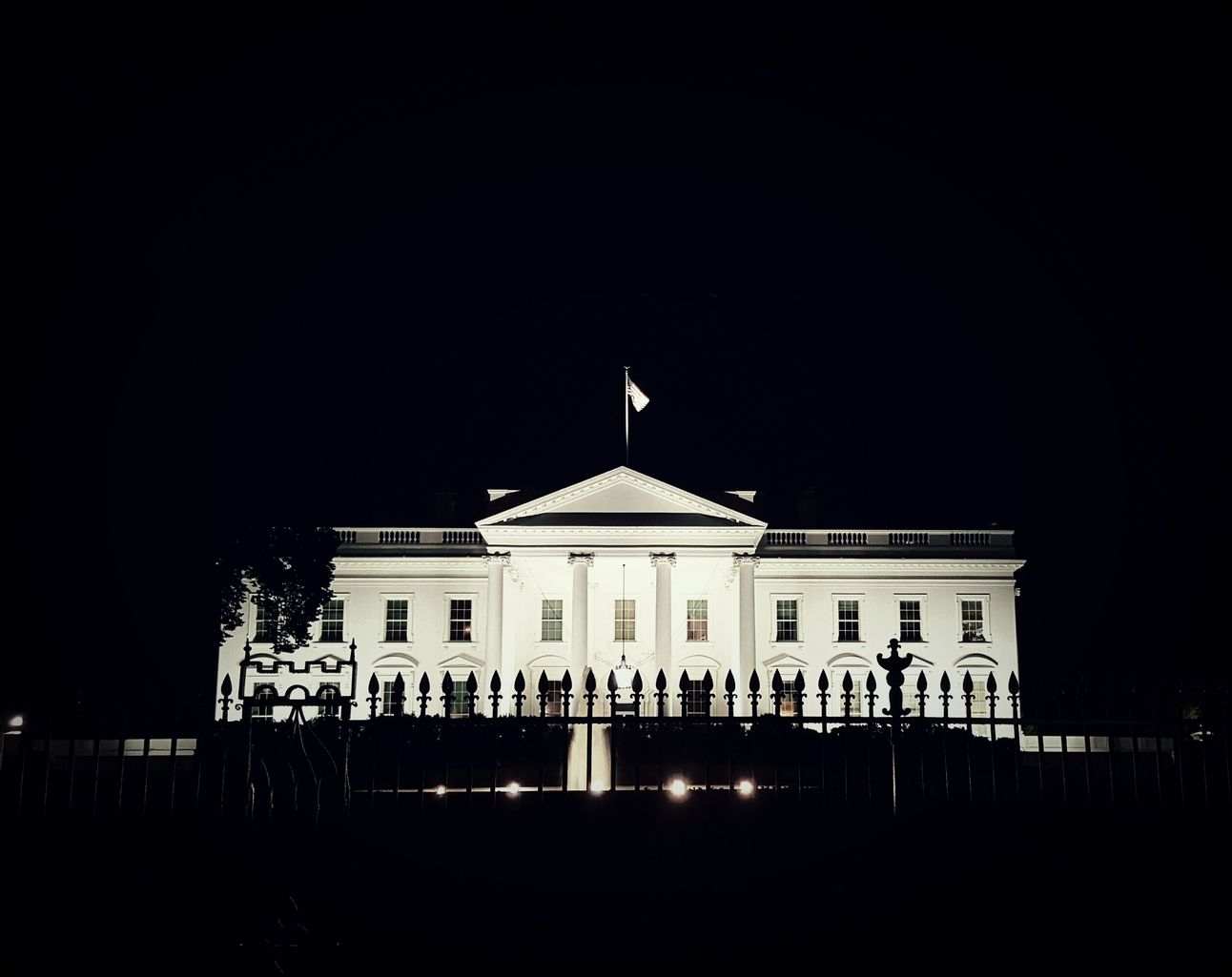
The White House
Later this morning, Donald Trump will return to the White House.
The Republican Party, now fully in Trump’s image, will work swiftly to enact his agenda. Courts have been reshaped in their favor, federal agencies will be weaponized for conservative ends, and the lessons Trump learned from his first term will be used to consolidate his power. The veneer of institutional guardrails has been stripped away.
For progressives, this is a moment of reckoning. There will be moments of resistance—lawsuits, grassroots campaigns, political fights—but the reality is stark: no one is coming to save us. The institutions we hoped would hold the line have largely failed. Trump now wields major influence over many social media platforms—even those that once banned him. Those of us on the left must accept that the safety nets we once relied upon, however flawed, are fraying. What remains is us—our networks, our communities, our shared determination to fight for justice.
Before despair sets in, it is crucial to recognize the immense power in recalibrating our expectations and reclaiming control where we still can. Community, at the end of the day, is what protects us. That has always been true, and in times of heightened political and social repression, it becomes even more essential.
This does not mean disengaging from the broader political fight. Organizing for progressive causes under this emboldened version of Trump will be critical, life-saving work. Some battles will be won—many will be lost—but surrender is not an option. The response to authoritarianism is not just resistance; it is adaptation, resilience, and a commitment to collective action.
Historically, marginalized communities have known this truth better than anyone. Black, Indigenous, and immigrant communities have long built mutual aid networks, self-sustaining organizing structures, and informal economies of care because the state either failed them or actively sought their harm. Queer communities have created chosen families to navigate systemic neglect. Workers have formed unions to protect themselves from exploitation. These models will not only continue to be necessary but will need to be expanded upon.
The progressive movement must now think beyond electoral cycles and policy debates. The challenge ahead is one of survival and solidarity. This means investing in local organizing, supporting independent media, funding legal defense efforts, and building the kind of infrastructure that will sustain resistance through repression. It means sharing knowledge, redistributing resources, and ensuring that those most vulnerable—people of color, LGBTQ+ individuals, immigrants, disabled people, and the working class—are not left behind.
It also means recognizing that despair is a tool of oppression. If Trump’s return is met with only paralysis and defeatism, then he has already won. This is not the first time the fight for justice has faced daunting odds, and it will not be the last. The goal now is not simply to wait out the next four years but to lay the groundwork for what comes next—to protect and empower each other so that when the pendulum swings back, we are ready.
Progressives cannot afford to isolate themselves in fear. Instead, we must find ways to connect, to engage, to lift each other up. The next four years will test our resolve, but in community, there is strength. The fight continues—not just for policy, but for the preservation of dignity, rights, and humanity itself.
Now is the time to look to one another, to build the coalitions that will outlast any administration, and to prove that even in the face of adversity, the people—when united—can never be defeated.